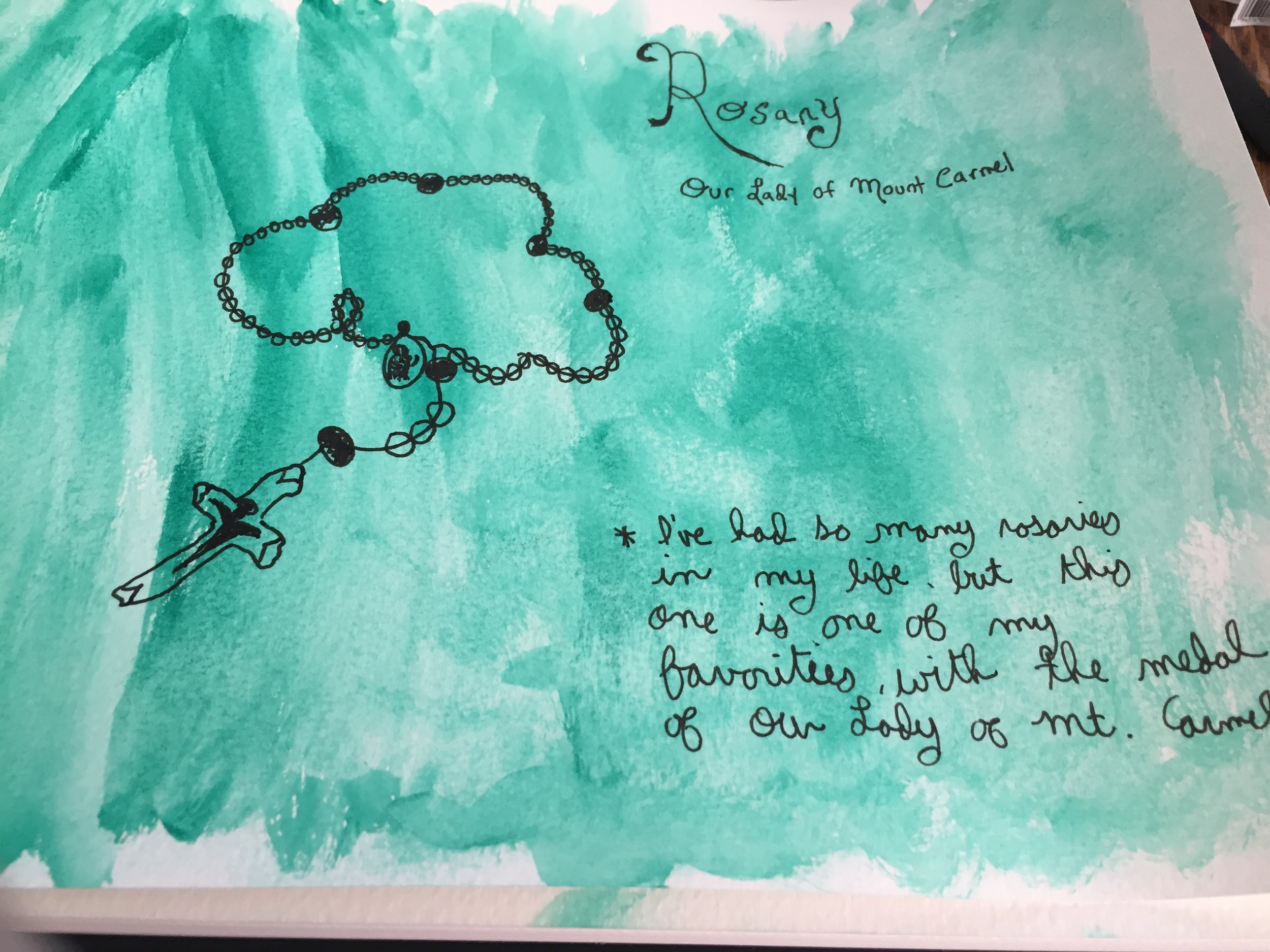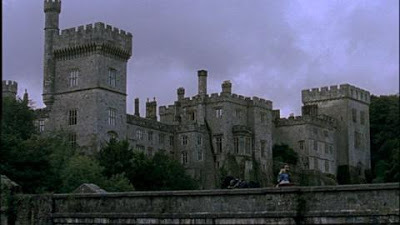Every so often, I need to talk Books with Y'all. So gather round and enter the literary salon!
(This post contains affiliate links)
After the Schulyer Sisters. And after the Austen sisters....there were the Bronte Sisters.
Anne, Emily, and Charlotte Bronte, painted by their brother Branwell.
Now, generally, I sort of dislike Charlotte Bronte, most of all because Charlotte didn't like Jane. Not literally. I mean, it wasn't like a Mean Girls episode, given that Jane died a year after Charlotte was born. But Charlotte didn't like Jane's writing, and that sort of makes me not like her.
She does her business of delineating the surface of the lives of genteel English people curiously well; there is a Chinese fidelity, a miniature delicacy in the painting: she ruffles her reader by nothing vehement, disturbs him by nothing profound: the Passions are perfectly unknown to her; she rejects even a speaking acquaintance with that stormy Sisterhood; even to the Feelings she vouchsafes no more than an occasional graceful but distant recognition; too frequent converse with them would ruffle the smooth elegance of her progress.
--A letter of Charlotte Bronte's to W.S. Williams
I mean, what? The passions are perfectly unknown to her?! A distant recognition of feelings? WHAAAAAA.
Charlotte Bronte. Shut it.
So....yeah.
That being said: The thing I never really understood here was that Charlotte and Jane write about very different things. Charlotte Bronte embraced Gothic Literature conventions, while Jane spoofed it. (If you want to read more about this, go here and here and here--these were part of a series on my old blog that I'm going to move over here, soon, so keep an eye out if Lit is Your Thing.) Jane knew what she was good at writing, and she stuck with that--she wrote about what she knew. Charlotte definitely included autobiographical content in her novels, but I don't think she had a crazy wife in an attic. Or a nun haunting her. There's definitely a mixture of "fact" and "fiction" in her novels. Again, that's not a problem. But I sense that Charlotte may have been a little....I dunno, intimidated? Jealous? Who knows.
As a reader, you go to the novelists for two different things. I go to Jane because I just love Jane--but I love the realism of her stories, the characters, the delicious irony and humor and wit. If I want "It was a dark and stormy night", I read Wuthering Heights or Jane Eyre. Or, if you really want to read a ghost story with a slighty-more-than-slightly-nuts heroine, read Villette, which some people argue is a better novel that Jane Eyre. I dunno. I have issues with Jane Eyre, but Lucy Snowe, the heroine of Villette, is just.....well, nuts. That's really all you can say about her. Villette is slightly nuts anyway, and is loaded with anti-Catholic sentiment, which is yet another reason I don't like Charlotte. She had a very large bee in her bonnet about Catholics, which I don't really understand. (Her father was a Church of England pastor, so maybe that had something to do with it?)
Charlotte was the only one of the sisters to marry. She married her father's curate, Arthur Bell Nicholas, in 1854. Sadly, she died during her only pregnancy, aged 39, less than a year after their wedding. We're not sure how she died--it could've been severe hyperemesis gravidarum, tuberculosis, typhus, or something else.
As for the other two sisters: both of them were within the gothic/feminine gothic sub-genre. Anne, the youngest of the Bronte children, wrote The Tenant of Wildfell Hall, which is pretty enjoyable. We do have a crazy spouse, but this time it's much more relatable crazy--and in my mind, a scarier crazy: the heroine (Helen) has an alcoholic husband. There's a strong morality streak, but it's not overbearing. In fact, I sort of think that Jane would've liked this novel. It has hints of Mansfield Park in it.
Anne's first novel, Agnes Grey, is sort of meh. Tenant is a lot better. Anne died of tuberculosis (we think) when she was 29.
Emily wrote poetry and one novel, the famous Wuthering Heights. Wuthering Heights is not for everyone, but I enjoy it for its pure escapism tendencies. And there's some really lovely writing in it. Emily also died of tuberculosis, when she was 30.
Have you read any of the Brontes? Which novel is your favorite? Least favorite?






























